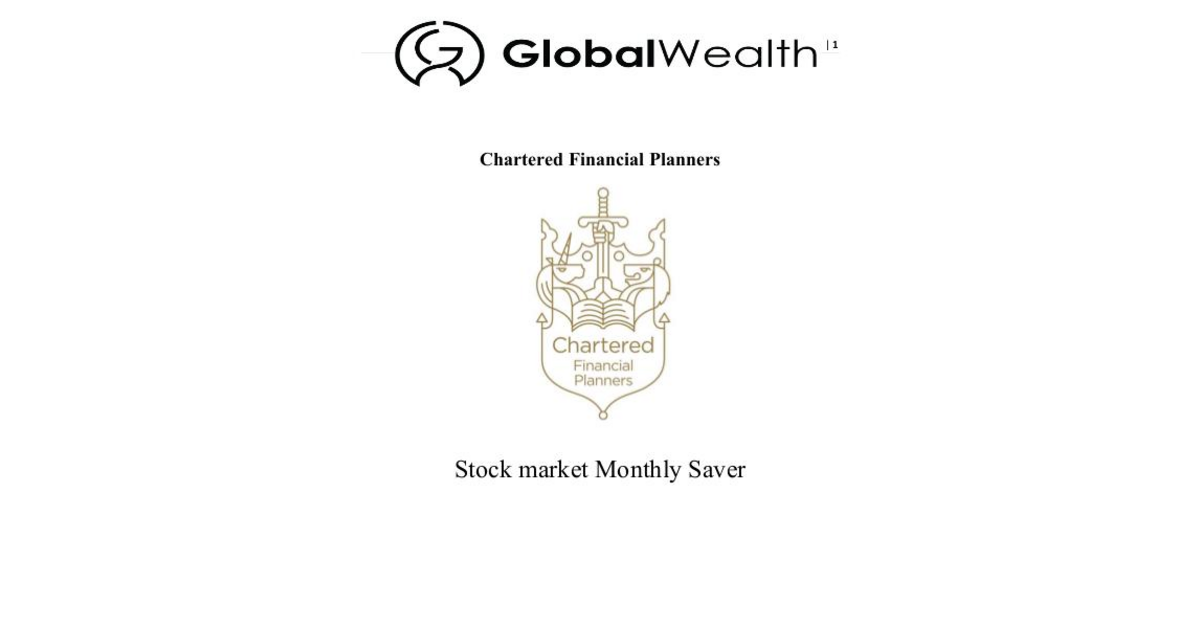I have a question about regular monthly saving into 100% equities over ten years.
I bought shares in the four quoted banks between 2007-2014, and I have unrealised capital losses of approx. €10k on three of them.
AIB = €2,750, Anglo = €3,000, PTSB = €4250, all approx
Bank of Ireland – still in massive loss, but I intend to keep, this is the only one with any long-term chance to breakeven
I also bought Ryanair shares on four occasions, and I have unrealised capital gains, about €8k approx
I could do the following:
Sell the few AIB and PTSB shares now, and crystallise the capital losses
Sell some/all of Ryanair now, generating a capital gain
Next day, buy the same number of Ryanair shares (obviously with risk of price changes)
In my tax return, put the capital losses against the gain, pay zero CGT
Establish a new higher base price for the Ryanair shares
If I wish to start regular monthly saving into 100% equities over ten years, should this capital loss affect my decision?
What I mean is should I tilt towards Investment Trusts as I have existing capital losses to put against future gains? Or go for ETFs?
Or I shouldn't let taxes influence my decision?
I bought shares in the four quoted banks between 2007-2014, and I have unrealised capital losses of approx. €10k on three of them.
AIB = €2,750, Anglo = €3,000, PTSB = €4250, all approx
Bank of Ireland – still in massive loss, but I intend to keep, this is the only one with any long-term chance to breakeven
I also bought Ryanair shares on four occasions, and I have unrealised capital gains, about €8k approx
I could do the following:
Sell the few AIB and PTSB shares now, and crystallise the capital losses
Sell some/all of Ryanair now, generating a capital gain
Next day, buy the same number of Ryanair shares (obviously with risk of price changes)
In my tax return, put the capital losses against the gain, pay zero CGT
Establish a new higher base price for the Ryanair shares
If I wish to start regular monthly saving into 100% equities over ten years, should this capital loss affect my decision?
What I mean is should I tilt towards Investment Trusts as I have existing capital losses to put against future gains? Or go for ETFs?
Or I shouldn't let taxes influence my decision?
